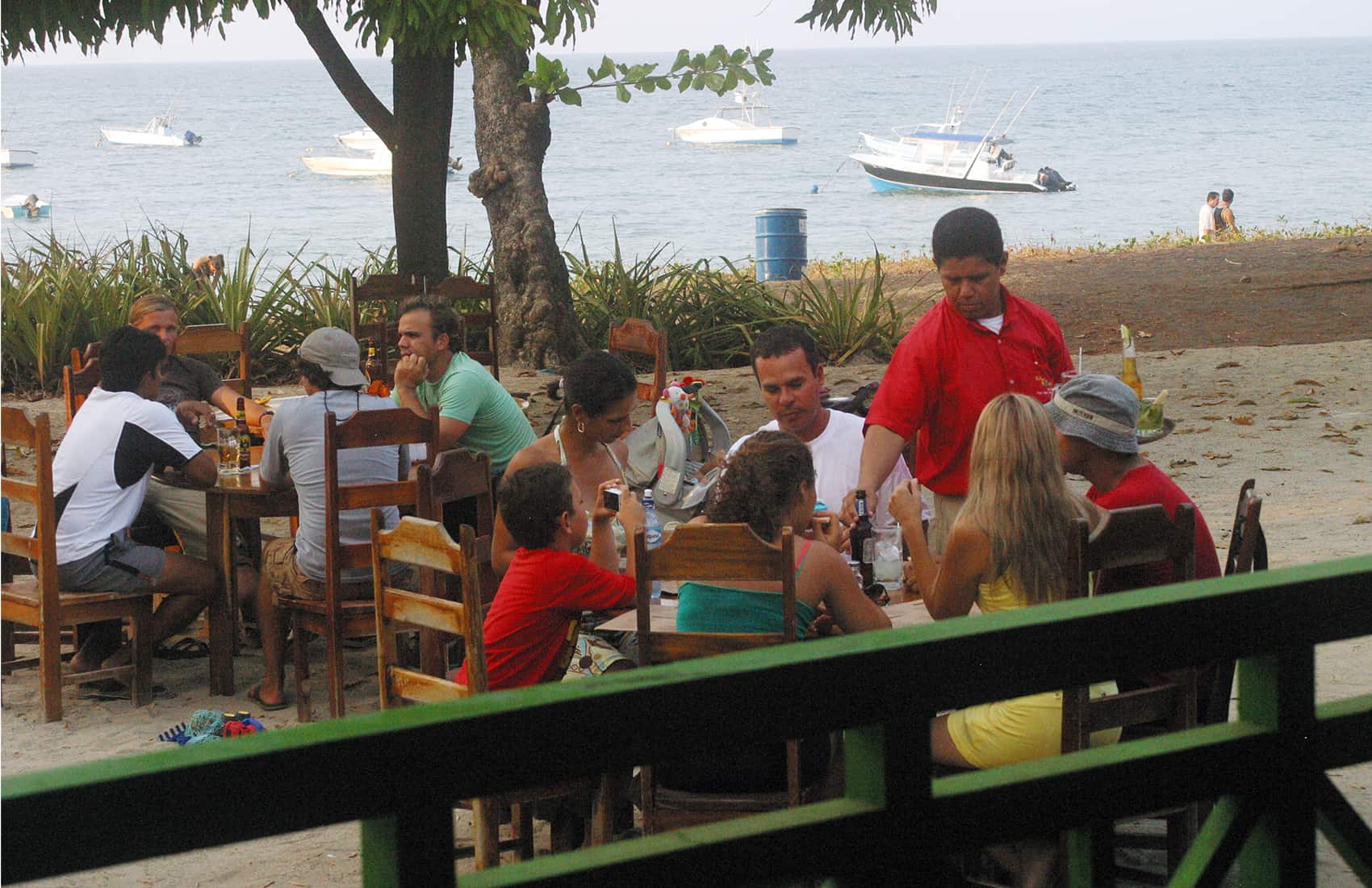The National Union of Local Governments (UNGL) reported that as of Monday only 18 of the country’s 81 cantons will prohibit the sale of alcohol during Holy Thursday and Good Friday. The figure represents a decrease from last year, when 26 municipalities applied the ban, commonly known as a dry law.
Businesses located in the following cantons will not allow the sale of liquor on Thursday and Friday:
Alajuela: Poás, Palmares.
Cartago: Turrialba, La Unión, Alvarado, Oreamuno.
Heredia: Central, Santa Bárbara, Flores, Belén.
Puntarenas: Esparza
San José: Montes de Oca, Moravia, Puriscal, Alajuelita, Aserrí, Acosta, Tarrazú.
As of Monday evening none of the municipalities in Guanacaste or Limón had voted on whether to apply the ban. However that could change since some municipal councils still have to vote on the prohibition between Tuesday evening and Wednesday.
National Police will close all businesses caught selling liquor in cantons enforcing the dry law and owners will be fined up to three base salaries, or $2,350. Municipalities also can cancel offending businesses’ liquor licenses.
Amendments to the country’s Electoral Code and the Liquor Law in 2012 granted municipalities the power to decide whether or not to enforce the ban during national holidays. Before then, the dry law was mandatory across the country during certain religious and other holidays and massive public activities, such as elections.
Karen Porras, executive director of the National Union of Local Governments, said the amendment strengthened the autonomy of local governments, allowing them to make decisions in their territories, in accordance with the priorities and traditions of each canton.
The Costa Rican Restaurants Chamber opposes enforcing the dry law anywhere, saying “it hurts businesses in cantons enforcing the prohibition and also affects waiters and bartenders who will lose all tips from those days,” chamber president Jorge Figueroa said.
Many businesses in dry cantons are especially lamenting the ban this year, since Costa Rica’s national soccer team, “La Sele,” will play a World Cup qualifying match against Jamaica on Friday. “La Sele” matches usually represent a boost in sales at bars and restaurants all over the country.
The number of cantons enforcing the dry law during Holy Week has decreased in recent years. A total of 27 cantons enforced the law last year, down from 35 in 2014.
During the last municipal elections in February, only six local governments enforced the ban; a dozen did so during the presidential elections of 2014, according to data from the National Union of Local Governments.








